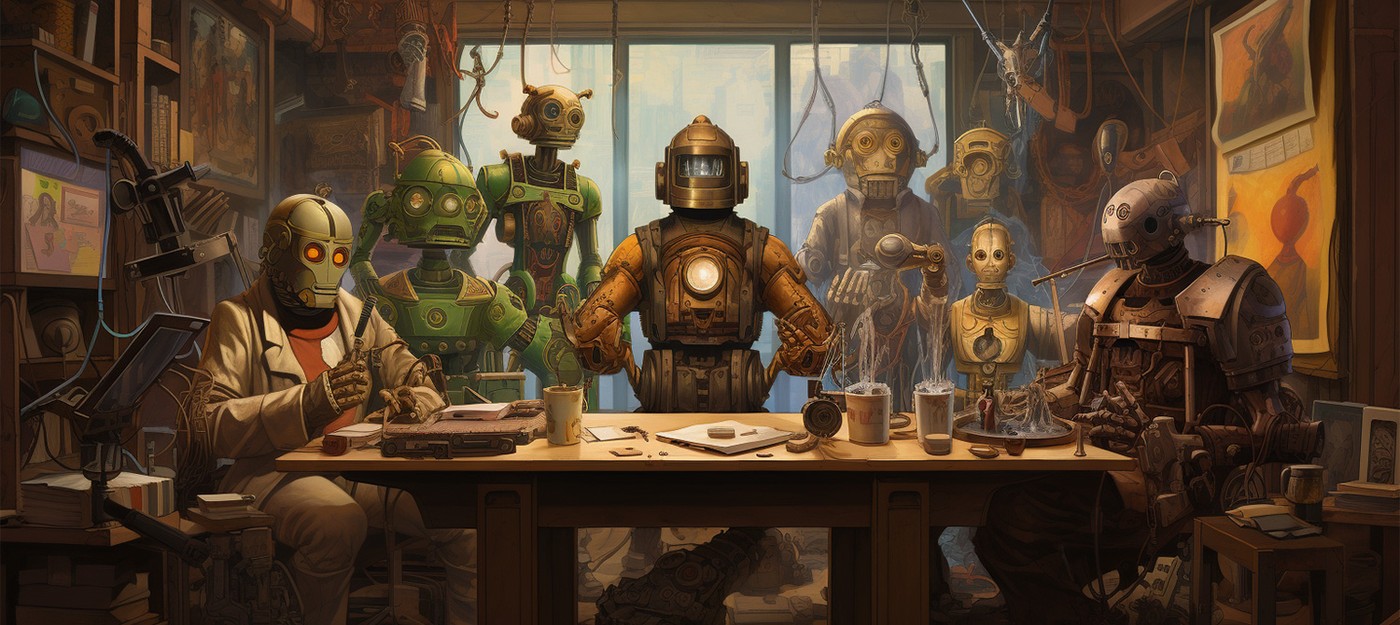AI-induced fake news a threat to human knowledge, caution news publishers

The increasing wave of artificial intelligence (AI)-generated fake news is a growing concern among news publishers, who believe it's tainting the reservoir of human knowledge. The News Media Association (NMA), a representative of notable titles like The Times, The Guardian, and The Telegraph, spotlighted distressing episodes where AI tools like ChatGPT have been utilized to fabricate and disseminate false news articles. These fictitious stories, often misleadingly attributed to real journalists and emblazoned with genuine news outlet branding, are seen as a severe menace to the information landscape.
The alarm is not just about falsified articles but extends to the theft of copyrighted editorial content, a practice that has already impacted major news outlets including The Guardian. Such fraudulent activities compromise the financial sustainability of news publishers by pirating content without authorization or acknowledgment. It's feared that this could lead to an erosion of media plurality, leaving the public mired in a quagmire of misinformation and disinformation.
The NMA’s Chief Executive, Owen Meredith, voiced concern over the potential ramifications if generative AI continues to impersonate journalism sans human editorial oversight. The lack of essential checks and balances could catapult society and democracy into perilous territory, he cautioned.
The phenomena of "model collapse" was highlighted as a grave threat. This occurs when new generative models lean more on AI data than human-created content, which could effectively contaminate the collective human pool of knowledge, as per the industry group’s warning.
The issue also underscores a broader discord between the creative industries and AI. Publishers have previously flagged that AI firms are exploiting vast volumes of copyrighted material to train their tools without requisite permissions. The Telegraph had earlier disclosed The Daily Mail's preparation for a legal confrontation with Google, accusing the tech behemoth of using numerous online news stories to train its Bard chatbot.
Moreover, the potential use of AI to succinctly summarize articles could siphon traffic away from news websites, thereby dwindling their advertising revenues. However, amidst the tensions, there's a glimmer of collaborative hope. Some segments of the news industry are striving for landmark agreements with tech giants like Google, OpenAI, and Microsoft for content usage. An exemplar being the Associated Press's accord with OpenAI, which permits the latter to utilize its content while granting AP access to OpenAI’s technology.
As the AI realm continues to burgeon, the call from Mr. Meredith and the NMA to tech firms is clear: shoulder responsibility and align with news publishers to erect robust safeguards, ensuring the integrity and authenticity of information in the digital age.